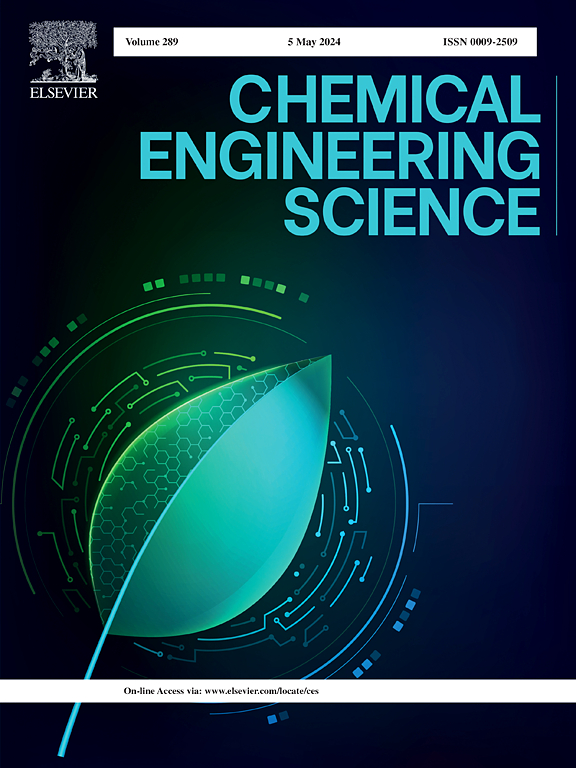Phase change nanocapsules filled separator for wide-temperature-range performance enhancement of Li-ion battery
IF 4.3
2区 工程技术
Q2 ENGINEERING, CHEMICAL
引用次数: 0
Abstract
The rapid development of electrical vehicle urgently requires high-performance Li-ion battery that can operate over a wide temperature range. Herein, disodium hydrogen phosphate dodecahydrate encapsulated with silica were embedded to polyvinylidene fluoride as DHPD@SiO2/PVDF (DSP) membrane. The DSP based cell exhibited superior average discharge capacity (132 mAhg−1) and coulombic efficiency (96%) under room temperature as the silica shell in nanocapsules could enhance electrolyte affinity, separator porosity and mechanical strength to reduce interfacial resistance and increase Li-ion conductivity. Furthermore, the DSP membrane is leakage-proof with a comparable latent heat due to the synergistic effect between porous silica and hydrophobic PVDF. When battery discharged in cold environment, heat release from hydrate salt solidification could mitigate the damage to alleviate discharge capacity degradation by 57.7%. The present design of separator that integrating electrochemical properties promotion and low-temperature thermal management provides a novel and efficient strategy to enhance wide-temperature-range performance of battery.
提高锂离子电池宽温度范围性能的相变纳米胶囊填充分离器
电动汽车的快速发展迫切需要具有宽工作温度范围的高性能锂离子电池。将硅包封的十二水磷酸氢二钠作为DHPD@SiO2/PVDF (DSP)膜包埋在聚偏氟乙烯上。基于DSP的电池在室温下表现出优异的平均放电容量(132 mAhg−1)和库仑效率(96%),因为纳米胶囊中的二氧化硅壳可以增强电解质亲和力、隔膜孔隙度和机械强度,从而降低界面阻力,提高锂离子电导率。此外,由于多孔二氧化硅和疏水性PVDF之间的协同作用,DSP膜具有相当的潜热防漏性。当电池在低温环境下放电时,水合物盐固化释放的热量可以减轻电池的损伤,使电池的放电容量降低57.7%。将电化学性能提升与低温热管理相结合的隔膜设计为提高电池的宽温度范围性能提供了一种新颖有效的策略。
本文章由计算机程序翻译,如有差异,请以英文原文为准。
求助全文
约1分钟内获得全文
求助全文
来源期刊

Chemical Engineering Science
工程技术-工程:化工
CiteScore
7.50
自引率
8.50%
发文量
1025
审稿时长
50 days
期刊介绍:
Chemical engineering enables the transformation of natural resources and energy into useful products for society. It draws on and applies natural sciences, mathematics and economics, and has developed fundamental engineering science that underpins the discipline.
Chemical Engineering Science (CES) has been publishing papers on the fundamentals of chemical engineering since 1951. CES is the platform where the most significant advances in the discipline have ever since been published. Chemical Engineering Science has accompanied and sustained chemical engineering through its development into the vibrant and broad scientific discipline it is today.
 求助内容:
求助内容: 应助结果提醒方式:
应助结果提醒方式:


